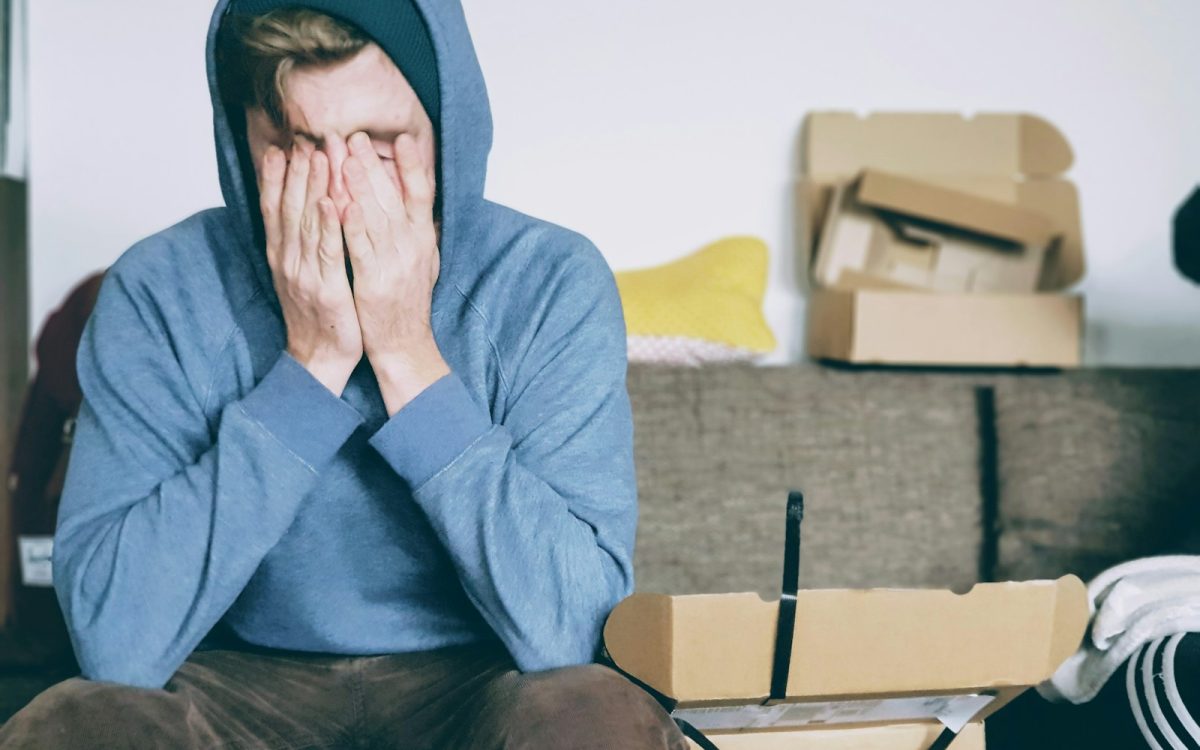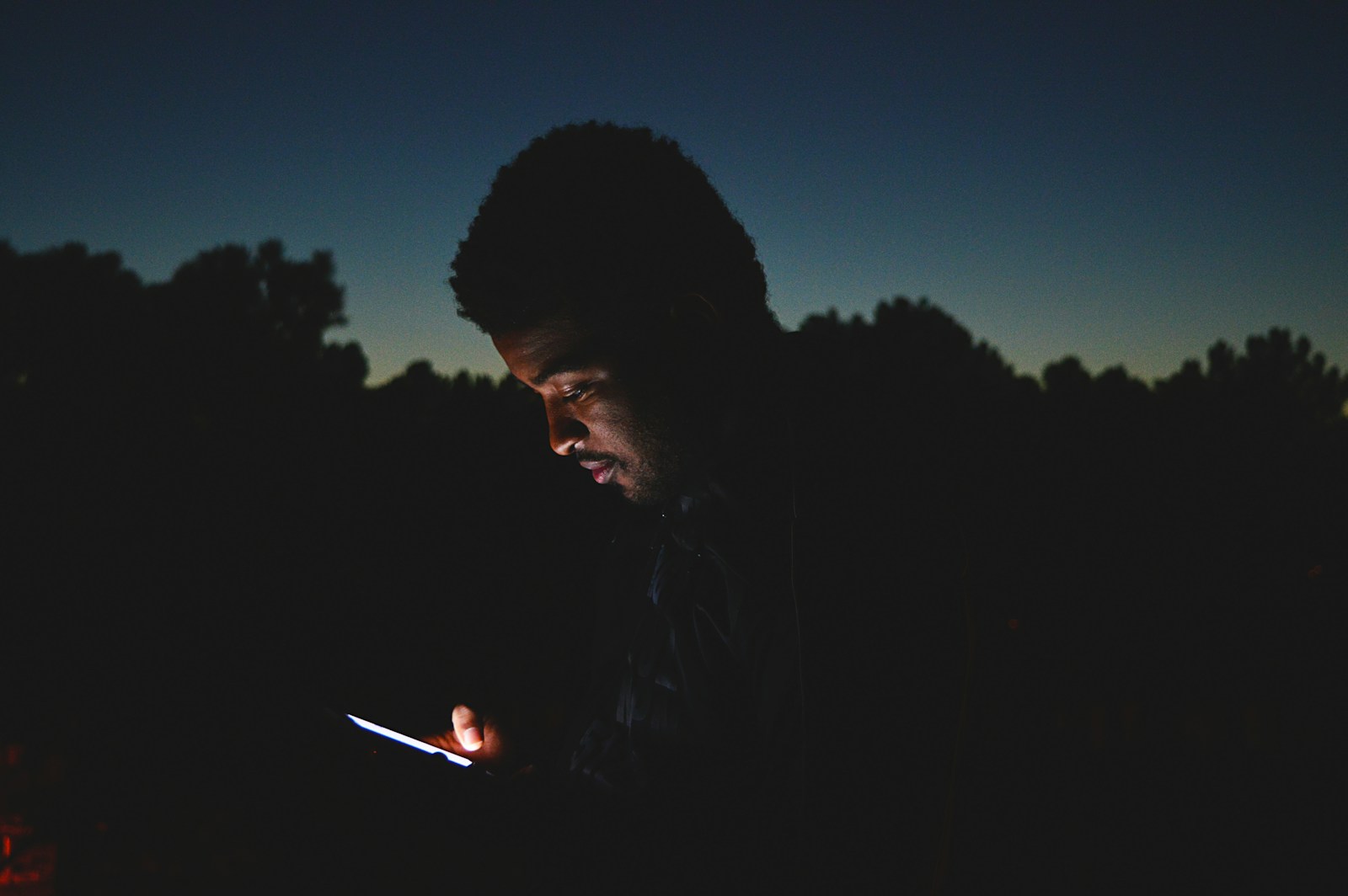How Lack of Sleep Can Lead to Burnout
Discover how sleep deprivation contributes to burnout, impacts your health, and learn strategies for better rest and long-term productivity.
Sleep is essential not only for rest and recovery but also for maintaining peak mental and emotional health. In today’s fast-paced world, burning the midnight oil may seem like a badge of honor, but it can be one of the quickest routes to physical and emotional exhaustion. In this post, we’ll explore how lack of sleep can lead to burnout, the science behind the connection, and expert tips to help you regain control of your well-being through better sleep.
What is Burnout and Why Should You Be Concerned?
Burnout is a state of chronic physical and emotional exhaustion caused by prolonged stress, often related to work, caregiving, or demanding daily routines. It is more than just feeling tired—burnout affects your performance, mental health, and overall quality of life.
Common Symptoms of Burnout
- Persistent fatigue and lack of energy
- Depersonalization or cynicism toward work
- Reduced professional efficacy or productivity
- Mood swings, including irritability and sadness
- Impaired concentration and decision-making
How Lack of Sleep Can Lead to Burnout
The link between poor sleep and burnout is undeniable. Studies show that chronic sleep deprivation increases the risk of stress, anxiety, and emotional exhaustion—key precursors to burnout. When your body doesn’t get adequate rest, it can’t repair and recharge, leaving you vulnerable to mental and physical collapse.
The Science Behind Sleep and Mental Health
Sleep plays a crucial role in cortical function, memory processing, and emotional regulation. Key hormones such as cortisol and melatonin are impacted by how much rest your body receives. Chronic lack of sleep elevates your cortisol levels (the stress hormone), while reducing the brain’s ability to manage emotional responses effectively. Over time, this imbalance leads to increased irritability, a reduced stress threshold, and feelings of being overwhelmed—all hallmarks of burnout.
Work Culture and the Sleep-Fatigue Cycle
In many professional environments, overworking is glorified. People regularly sacrifice sleep to meet tight deadlines, only to perform worse the next day. This creates a vicious cycle of:
- Reduced sleep
- Increased stress
- Decreased productivity
- More extended hours to catch up
- Even less sleep
Breaking this cycle requires rethinking our relationship with rest and recognizing that sleep is not a luxury—it’s a necessity for preventing burnout.
The Physical Effects of Sleep Deprivation
Not sleeping adequately doesn’t just affect your mind—it takes a toll on your body too. Here are some ways lack of sleep exacerbates physical health issues:
- Weakened immune function
- Increased risk of cardiovascular disease
- Higher susceptibility to weight gain and diabetes
- Elevated blood pressure
- Chronic inflammation
When combined with burnout, these conditions can escalate to serious, long-term health problems that are far more difficult to reverse.
Who Is Most at Risk of Burnout Due to Sleep Deprivation?
While anyone can suffer from sleep-related burnout, certain groups are more vulnerable, including:
- Healthcare workers
- Parents of young children
- Students and academic professionals
- Startup employees and entrepreneurs
- Remote workers blending home and job responsibilities
Understanding your own sleep patterns and job demands can help identify whether you’re falling into a high-risk category.
Proven Tips to Improve Sleep and Prevent Burnout
Reclaiming your rest is one of the most powerful ways to safeguard your physical and mental health. Here are expert-approved strategies to help you sleep better and avoid burnout:
1. Establish a Consistent Sleep Schedule
Go to bed and wake up at the same time every day—even on weekends. This aligns your circadian rhythm and improves sleep quality over time.
2. Create a Restful Bedtime Routine
Engage in calming activities like reading, meditation, or taking a warm shower before bed. Avoid blue-light screens that can disrupt melatonin production.
3. Limit Stimulants and Alcohol
Reduce your intake of caffeine and alcohol, especially in the late afternoon and evening. These substances interfere with your body’s ability to fall and stay asleep.
4. Optimize Your Sleep Environment
Keep your bedroom cool, dark, and quiet. Invest in blackout curtains, white noise machines, or sleep masks to enhance your rest environment.
5. Practice Stress Management Techniques
Make time for activities that reduce stress, such as yoga, journaling, or talking with a trusted friend. The better your stress is managed, the easier it is to fall asleep peacefully.
6. Seek Professional Support if Needed
If you’re suffering from chronic insomnia, anxiety, or burnout symptoms, consider consulting a sleep specialist, therapist, or medical professional for tailored support.
Final Thoughts: Prioritize Sleep to Prevent Burnout
The link between poor sleep and burnout is both undeniable and preventable. In a world that values hustle and productivity, learning to prioritize sleep is a revolutionary act of self-care. Remember, rest isn’t laziness—it’s a foundational pillar of health and performance. By taking proactive steps to improve your sleep, you’re investing not only in your career but also in your long-term health and happiness.
Start tonight—get a full night’s rest and experience what it means to show up with clarity, resilience, and productivity.
Frequently Asked Questions (FAQs)
Can one night of poor sleep cause burnout?
No, burnout develops over time through a pattern of poor sleep and chronic stress. While one night of restlessness isn’t alarming, repetitive nights of insufficient sleep can trigger long-term effects.
How many hours of sleep do I need to prevent burnout?
Most adults need 7–9 hours of sleep per night for optimal health and performance. Individual needs may vary, so listen to your body and adjust accordingly.
Is burnout reversible?
Yes, with proper sleep, lifestyle adjustments, and sometimes professional help, burnout can be reversed. Recovery may take time, but it is absolutely possible.
If this article helped you understand how lack of sleep can lead to burnout, share it with others and take the first step toward healthier sleep habits tonight.





